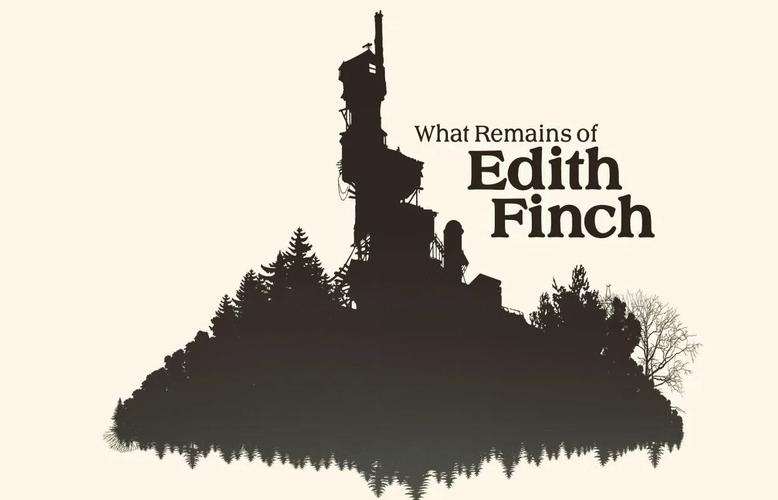Big Game Hunters and Money: A Village’s Perspective
Have you ever wondered about the lives of big game hunters and how their activities impact the villages they visit? In this article, we delve into the world of big game hunting, the money involved, and its effects on the local communities. Let’s explore this fascinating topic together.
Who Are the Big Game Hunters?
Big game hunters are individuals who travel to remote locations to hunt large, often dangerous animals such as elephants, lions, and tigers. These hunters come from various backgrounds, including professional hunters, wealthy individuals, and enthusiasts. Their motivations for hunting range from sport to conservation efforts.

The Money Aspect
Big game hunting can be a lucrative business. The fees for hunting permits, guides, and equipment can range from a few thousand to tens of thousands of dollars. This money has a significant impact on the local economy, particularly in remote villages that rely on tourism.
| Costs Involved in Big Game Hunting | Estimated Costs (in USD) |
|---|---|
| Hunting Permit | $5,000 – $20,000 |
| Guide and Crew | $5,000 – $15,000 |
| Equipment and Supplies | $2,000 – $5,000 |
| Total Cost | $12,000 – $40,000 |
These costs can have a substantial impact on the local economy, as the money spent by hunters often goes directly into the hands of local businesses and communities.
The Economic Impact on Villages
Big game hunting can bring significant economic benefits to villages. The money spent by hunters is often used to improve infrastructure, provide education, and support local businesses. However, the benefits are not always evenly distributed.
One of the primary ways big game hunting benefits villages is through the creation of jobs. Local guides, trackers, and support staff are employed to assist hunters during their trips. This not only provides income for individuals but also helps to build a sense of pride and ownership in the local community.
Conservation Efforts
Some big game hunters are also involved in conservation efforts. They contribute to wildlife protection programs, fund research, and support local conservation initiatives. This aspect of big game hunting can have a positive impact on the environment and local communities.
The Dark Side
While big game hunting can bring economic benefits, it also has its drawbacks. Some critics argue that the practice is unethical and harmful to wildlife populations. There are concerns about the impact of hunting on animal populations, as well as the potential for illegal hunting and poaching.
Additionally, the money generated from big game hunting can sometimes lead to corruption and exploitation. In some cases, local communities may not see the full benefits of the money spent by hunters, as it may be siphoned off by corrupt officials or private interests.
The Future of Big Game Hunting
The future of big game hunting is a topic of debate. Some argue that the practice should be regulated more strictly to protect wildlife and ensure that the benefits are shared more equitably among local communities. Others believe that well-managed hunting programs can be a valuable tool for conservation and economic development.
Ultimately, the future of big game hunting will depend on the actions of hunters, conservationists, and local communities. By working together, it is possible to create a sustainable and ethical approach to big game hunting that benefits both wildlife and people.
In conclusion, big game hunting is a complex issue with both positive and negative aspects. By understanding the economic, social, and environmental impacts of big game hunting, we can make informed decisions about its future. As you consider the role of big game hunters and the money involved, remember that the well-being of local communities and wildlife is at stake.


